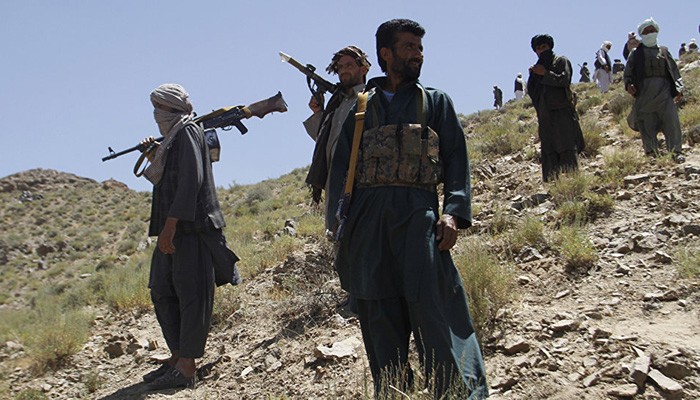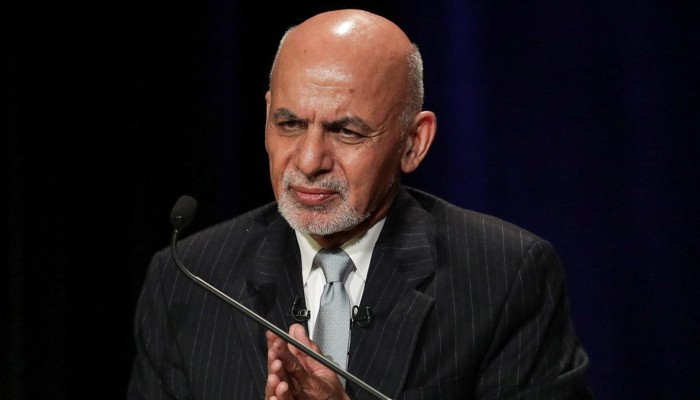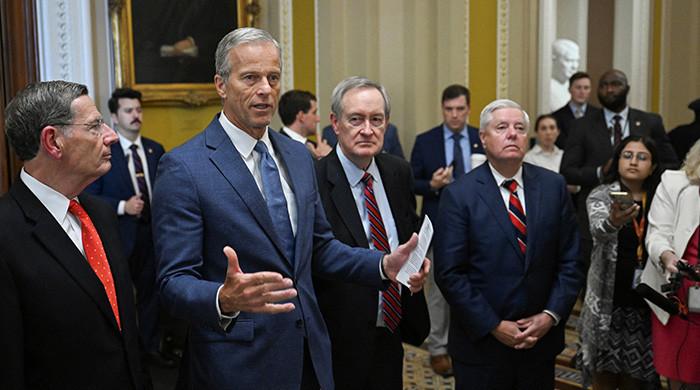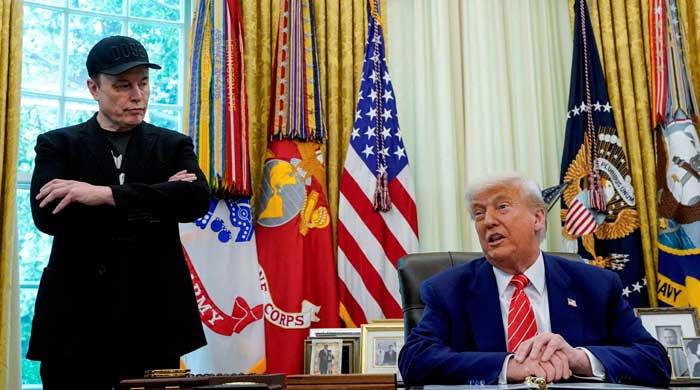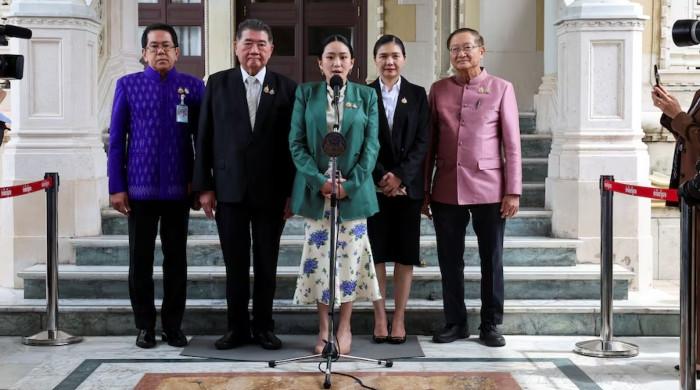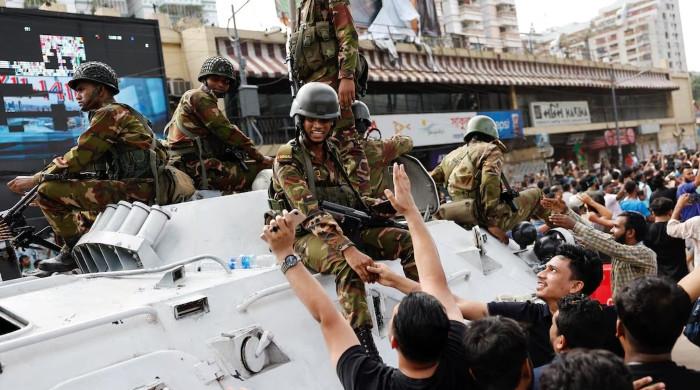Afghan Taliban chief calls for direct talks with US
In an Eid message Akhundzada stated the US forces and 'other occupying forces' should leave the country so that an independent intra-Afghan government 'can take root'
June 13, 2018
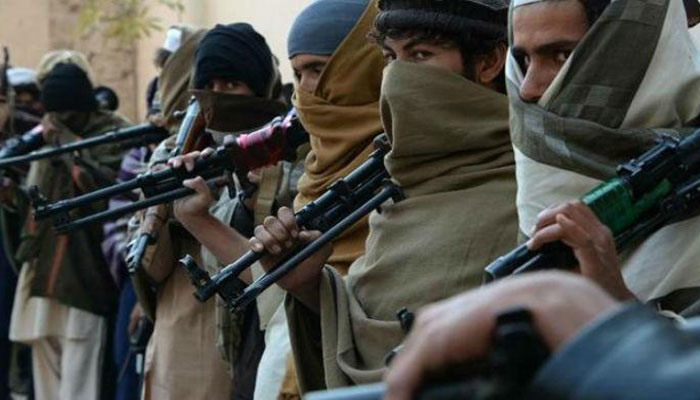
Taliban leader Mullah Hebatullah Akhundzada has called for direct talks with the United States, stating that occupying forces should leave Afghanistan if they want peace in the country.
In an Eid message Akhundzada said, the US forces and “other occupying forces” should leave the country so that an independent intra-Afghan government “can take root”, Voice of America reported.
"If the American officials truly believe in a peaceful end to the Afghan imbroglio, then they must directly present themselves to the negotiation table so that this tragedy, the destructive effects of which mainly harm the American and Afghan people, can be resolved through talks," Akhundzada said in a statement.
According to the Afghan media, the Taliban leader stated the issue with US was that it used power to seek solution to issues. He added that US should come to the negotiation table as not every problem is solved with the use of force.
On June 7, the Afghan government had announced a week-long ceasefire with the Taliban for Eid though operations.
The ceasefire will last "from the 27th of Ramazan until the fifth day of Eid-ul-Fitr," Afghan President Ashraf Ghani tweeted from an official account, indicating it could run from June 12-19.
Following the announcement of temporary ceasefire, the US had said it was ready to participate in talks with the Taliban.
Deputy Assistant to US President Donald Trump and Senior Director for Central Asia at the National Security Council Lisa Curtis had said US cannot act on behalf of Afghan officials in peace talks with the Taliban, but they want to participate in the talks.
After Ghani’s announcement, the Taliban had responded and announced a three-day ceasefire, over Eid, on their part, though it said operations against "foreign occupiers" would continue.
"All members are directed to stop offensive operations against Afghan forces for the first three days of Eid-al-Fitr," the Taliban stated in a WhatsApp message.
"But if we are attacked we will strongly defend (ourselves)."
This was the first time the Taliban had agreed to a ceasefire for Eid since the US invasion in 2001.
